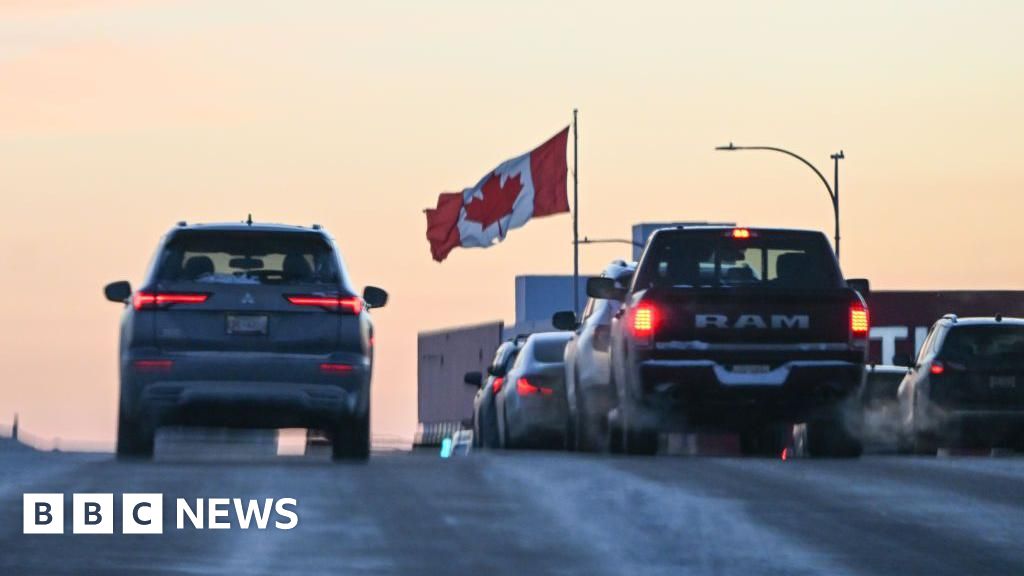Social media showed there were protests in several cities, including parts of Nairobi, the opposition stronghold of Kisumu, some Rift Valley towns and coastal cities such as Mombasa. Protesters lit bonfires and attempted to blockade traffic, setting up a confrontations with police, who responded with tear gas and sometimes with bullets.
At least 27 people have been killed since protests began last month, all of them shot, including two by rubber bullets, according to the Independent Medico Legal Unit, a civil society group that tracks deaths during unrest. On July 12 alone, 12 were shot dead during protests, the group said, the same day that more than 50 schoolchildren were hospitalized after police tear-gassed their school.
Kenya’s opposition leaders, led by veteran politician Raila Odinga, organized the protests partly because of skyrocketing prices of basic commodities, partly over last month’s tax hikes and partly because they allege last year’s elections were stolen — although foreign observers generally agreed the election was fair.
The protests began after President William Ruto’s government passed a finance bill last month imposing new taxes designed to raise an additional $1.4 billion annually. Kenya is deeply in debt to China after taking out a loan to build a high-speed railway.
“When they came to look for votes, they … did not say they will increase taxes and make life hard, now we are struggling,” said Brighton Kenga, a maintenance worker from the coastal town of Malindi. “They lied to us, and we want things to be different.”
Many Kenyans say the government should crack down on corruption before reaching into the pockets of citizens already hit hard by rising food prices.
“They [protesters] stoned my taxi last week and it will cost me 5,000 shillings [$35] to fix it,” said Walter Siva, motioning to his cracked windscreen. Protesters — who he called “idlers” — were out setting bonfires in neighborhoods near the airport at around 8 a.m. this morning.
“But don’t think I support the government either!” he continued. “They are raising taxes too much. A bit is allowed, they must have money to pay civil servants, but people are really struggling. And where is that money going? We know these people! They are not new to us! They have fraud cases against them! That money is going to disappear.”
Kenya is the region’s most prosperous and stable nation and an important U.S. ally in Africa, where other regional heavyweights are grappling with thornier problems. Nigeria is gripped by corruption, banditry and an Islamist insurgency, relations with South Africa are frosty over its ties with Russia, and diplomatic powerhouse Ethiopia is struggling to recover from a civil war that killed hundreds of thousands and devastated its economy. Egypt, whose jails are full of activists and protesters, is deeply concerned by the collapse of Sudan on its southern border.
Kenya is periodically gripped by bouts of unrest, however, often linked to elections. Protesters are generally met by a heavy-handed police response, in a cycle of confrontation marked by looting and vandalism by some demonstrators and beatings and shootings by the police.
College student Ruth Wanjiru, 20, was among those shot dead last week. Her mother, Rose Kariuki, said she was just trying to get home from school when she was struck by a stray bullet.
“My daughter loved telling jokes. She always told me that she loves me. She was like me; she was hard-working. She promised me that she would educate Njeri, her younger sister, because she could see how hard I struggled selling fruits by the road,” Kariuki said. “She would tell me, mama, I will help you.”
She lashed out at politicians, saying they were bent on confrontation rather than reconciliation. “They only care about themselves,” she said bitterly. “Because it’s poor people who are dying, they do not care.”
Ombuor reported from Malindi, Kenya.














































